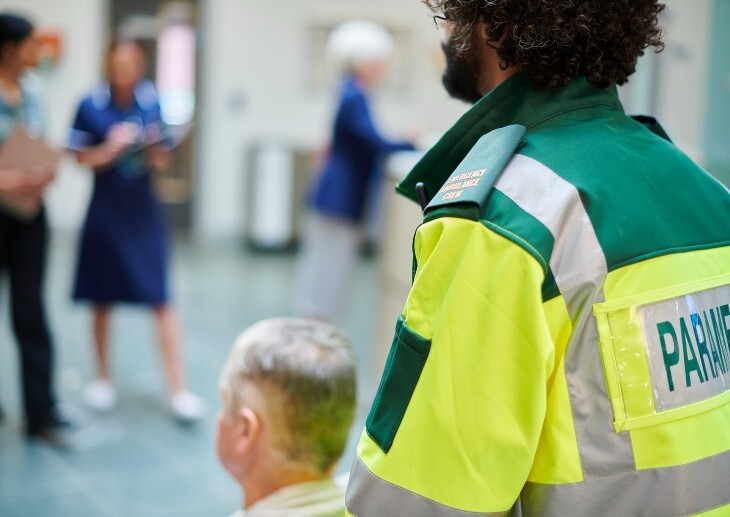The NHS faced record or near-record levels of operational problems across urgent and emergency care this winter and performed ‘far worse’ than before the pandemic, a report from the Health Foundation has found.
The analysis, which looked at if the NHS experienced record pressures this winter, found that despite these record levels of problems, the conditions were not far above what the NHS can normally expect over winter.
Therefore, it concluded that it would be of ‘false comfort’ to attribute the scale of the problems to external factors such as winter illnesses and higher demand.
The analysis found that while there were several areas of high pressures in urgent care, such as diarrhoea and vomiting, including norovirus, and that total bed days used for flu were higher than in recent years, that it was ‘hard to conclude the conditions in winter 2024/25 were far above what the NHS can normally expect’.
It found that flu hospital admissions in 2024/25 peaked at a ‘similar level’ to 2022/23, and that critical care admissions were elevated for ‘far less time’ than in 2017/18 and 2018/19. Admissions for RSV also followed similar patterns to recent years and Covid admissions were low.
Fewer patients attended major A&E departments in winter 2024/25 than in 2023/24, it added.
The report said: ‘The longer view provided by this analysis suggests the NHS experienced a disproportionate number of operational problems in winter 2024/25, even allowing for the challenging conditions.
‘Attributing the scale of operational problems in 2024/25 to external factors such as winter illnesses and higher demand risks offering false comfort about the underlying resilience of the health service.’
Underlying issues
The analysis called on policymakers to focus on the underlying issues contributing to the escalating winter crises experienced since 2010, including increasing capacity and staff morale.
It said: ‘These underlying issues include increasing hospital capacity, improving staff morale and improving capacity in social care and community services to help reduce discharge delays – which cost the NHS far more bed days this winter than it lost to seasonal viruses.’
It suggested that changes would need to be made over the long term, but that some short term measures could help, such as opening extra hospital beds and improving flu vaccination uptake.
The report added that winter preparations often emphasise the need to divert patients to urgent treatment centres or community-based alternatives, but the patients that face the longest delays often need diagnostic tests and treatment only available in hospital.
‘Various interventions, such as same-day emergency care, virtual wards and urgent community response services have been developed with the aim of providing appropriate urgent treatment without patients needing to be admitted,’ it said.
‘A better understanding of what works and how these interventions can be implemented effectively is needed – as is the system leadership and operational management required to make this happen.’
It comes as a report found that staff fatigue was not recognised as a serious risk to patient safety.




